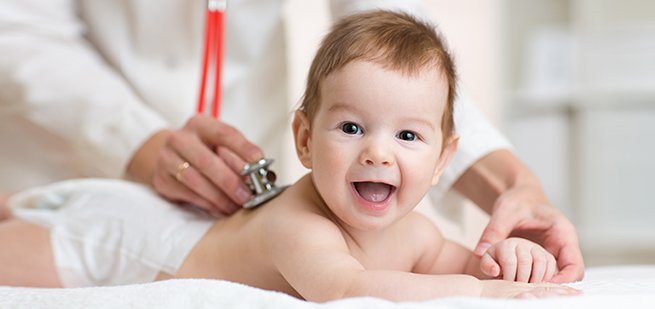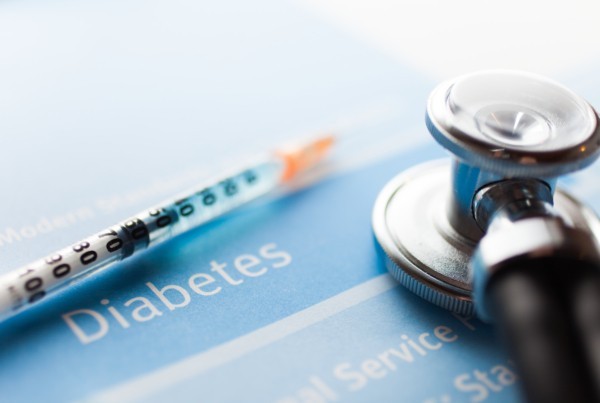Rest assured, the risk of genetic mutations related to aging sperm in men >50 is VERY small, but it’s never zero.
Age of the male vs. female: Although there is still a lot that we do not know, we do know that the age of the male is less important than the age of the female partner. Keeping that in mind, there appears to be some risk of fetal aneuploidy related to increased paternal age (>50) but it’s not nearly as high as the risk generated by increased maternal age. This may suggest some modest increase in miscarriage rates due to aging sperm, but the risk of miscarriage due to aging sperm is not as high as that related to age of the female partner.
Genetic Issues: To illustrate the difference between the woman’s age vs her male partner’s age, one study of 200 families with a single child with the genetic disorder known as Trisomy 21 (Downs Syndrome) found that 5% of the trisomies were inherited by the father, the other 95% came from the mother. Any impact on miscarriage rates based on paternal age is ultimately, small.
Egg vs. Sperm: As opposed to the egg, sperm undergoes multiple cell division cycles and are therefore inherently more prone to errors. As paternal age increases, sperm DNA integrity and other mechanisms that govern DNA synthesis can breakdown, further increasing the error rate. As a result random mutations in X linked genes may be introduced leading to an link between increased paternal age with diseases such as hemophilia A and Duchenne Muscular Dystrophy. Also, though mechanisms are not clearly understood, increased paternal age appears to be associated with an increase in NEW autosomal dominant diseases. Though, these are extraordinarily rare diseases (0.3%-0.5%).
What I tell my patients: Academically speaking, there “may” be some effects of increased paternal age on the genetics of the offspring but those risks are too small to impact clinical recommendations and decision making in a majority of cases. In other words, the impact of increased male age is not nearly as threatening to pregnancy outcomes as the effect of maternal age. Even so, some couples still opt for sperm banking to counteract sperm aging as it is easy to do albeit not really necessary as the risks of increased paternal age are generally not significant.







